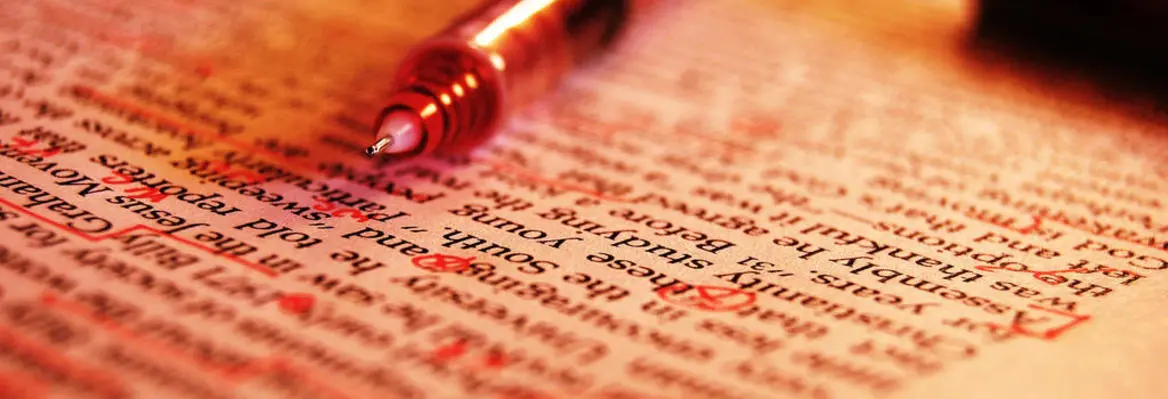There is a definite pleasure to correcting other people’s grammar. Catching someone out when they speak or write incorrectly, especially if that person is regarded as clever or of a higher status than you, gives an instant thrill. This is most evident whenever any celebrity fails in their syntax on Twitter, and people in their droves immediately leap on the opportunity to point out their error. Just for that one moment you have ‘beaten’ them, you are cleverer than this columnist, or novelist, or whoever it is that has misspoken or mistyped. For most of us, this is an occasional occurrence, a rare moment of point scoring which is quickly forgotten.
For some, however, it appears to be almost a full-time job constantly to upbraid those around them for failing to use ‘whom’ or splitting an infinitive. It seems actually to offend them that others fail to speak according to their standards. These are the ‘grammar police’ – and their calling is to boldly go (they won’t like that) in search of the linguistic errors that plague our conversation and tell everyone just how wrong they are.
Their bastion is the Plain English Campaign, (who were the ones who successfully lobbied for Tesco’s to change their ‘10 items or less’ signs); their champion, Lynne Truss. But in recent years dozens of Twitter accounts and blogs devoted to grammar correction have emerged, and there are YouTube videos with millions of views dedicated to mocking poor grammar. While there have always been those incensed enough to write letters to newspapers over a dangling modifier, their visibility has increased because the online world has massively increased the amount of textual communication we use and encounter. The internet allows all of us to share our thoughts unrestrained by the hand of a sub-editor, meaning grammatical errors are far more likely to occur. The internet also permits us to react to these mistakes instantaneously, with that sense of reckless abandon that strikes all of us online. We can all be censors now. The key distinguisher of the grammar police, however, is that they make no distinction between those who know the traditional rules of grammar and make a mistake, those who know the rules of grammar and choose to not follow them, and those who are completely unaware that they are making a mistake at all. All are the targets of online ire.
Ultimately, however, their victories are Pyrrhic ones. It is an easy win, but it is a cheap one, for the English language is relative, and it is constantly evolving. English is not some sort of static entity, frozen into exact rules to be followed in every situation and every conversation. There is no British version of the Académie Française to control our tongue, telling us all what is ‘right’ and what is ‘wrong’ in how we speak and write. Nor should there be. Context, convention and circumstance are the true arbiters of linguistic correctness. The grammar police may claim that they are simply attempting to make our language clearer. But if you’re casually chatting with your friends and end a sentence with a preposition, that’s simply an adaptation of linguistic convention, used in a casual setting where it does not remotely matter. But it is something that the grammar police, to cite Winston Churchill, up with which they will not put.





















Join the conversation